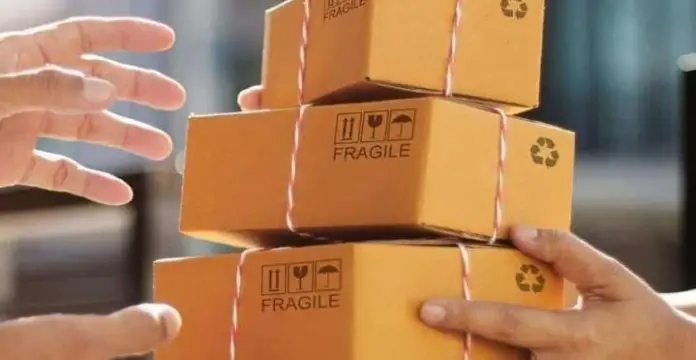
In an increasingly demanding world in terms of sustainability and customization, the packaging industry is at a crossroads. Consumers demand products that respect the environment and adapt to their individual needs, while companies seek to optimize their processes and reduce costs. In this context, automation is positioned as a fundamental tool to drive innovation and competitiveness in the packaging sector in Mexico.
Towards Circular and Personalized Packaging
Packaging laboratories, traditionally focused on ensuring the quality and safety of materials, are evolving towards a model centered on the circular economy and customization. Automation plays a crucial role in this transformation, allowing:
Supply chain optimization: From the selection of materials to the distribution of the final product, automation allows for more efficient management of the supply chain, reducing waste and optimizing resources.
Development of biodegradable and recyclable materials: Automation streamlines research and development processes, facilitating the creation of innovative and sustainable packaging materials, such as those based on bioplastics or compostable materials.
Mass customization: Through automation, it is possible to produce customized packaging on a large scale, adapting the design, materials, and information to the individual consumer.
Traceability and food safety: Automated systems allow precise tracking of products from their origin to the final consumer, ensuring food safety and facilitating the management of possible recalls.
See also: Pizza Hut revolutionizes the customer experience with its 300th branch in Mexico
Automation as a Driver of Innovation in Mexico
Mexico, with its growing manufacturing industry and commitment to sustainability, is in a strategic position to lead the transformation of the packaging sector in Latin America. The adoption of automation technologies offers numerous opportunities for Mexican companies, including:
Increased competitiveness: Automation allows Mexican companies to improve their efficiency, reduce costs, and offer more innovative and personalized products, allowing them to compete in an increasingly demanding global market.
Generation of quality employment: The implementation of automated systems requires highly qualified professional profiles, which generates new employment opportunities in the sector.
Strengthening the country brand: Mexico can position itself as a benchmark in the production of sustainable and personalized packaging, attracting foreign investment and generating foreign currency.
Despite the benefits offered by automation, its implementation in the packaging sector faces some challenges, such as:
Initial investment: The acquisition and implementation of automated systems requires a significant investment, which can be an obstacle for small and medium-sized companies.
Training of human talent: The transition to automation requires a highly trained workforce in digital technologies and programming.
Regulatory adaptation: It is necessary to update the regulatory framework to encourage the adoption of new technologies and guarantee the safety of products and consumers.
The Future of Packaging: A Promising Outlook
The future of packaging is seen as a panorama in which sustainability, customization and digitalization will be the fundamental pillars. Automation will play a key role in this transformation, allowing Mexican companies to develop innovative and competitive solutions that meet the needs of current and future consumers.
Automation is not only a trend, but a necessity for the packaging industry in Mexico. By adopting advanced technologies, companies can optimize their processes, reduce their environmental impact, improve the consumer experience and strengthen their position in the global market. However, it is essential to address the challenges posed by this transformation and work collaboratively to build a more sustainable and prosperous future for the sector.
Source: america-retail




